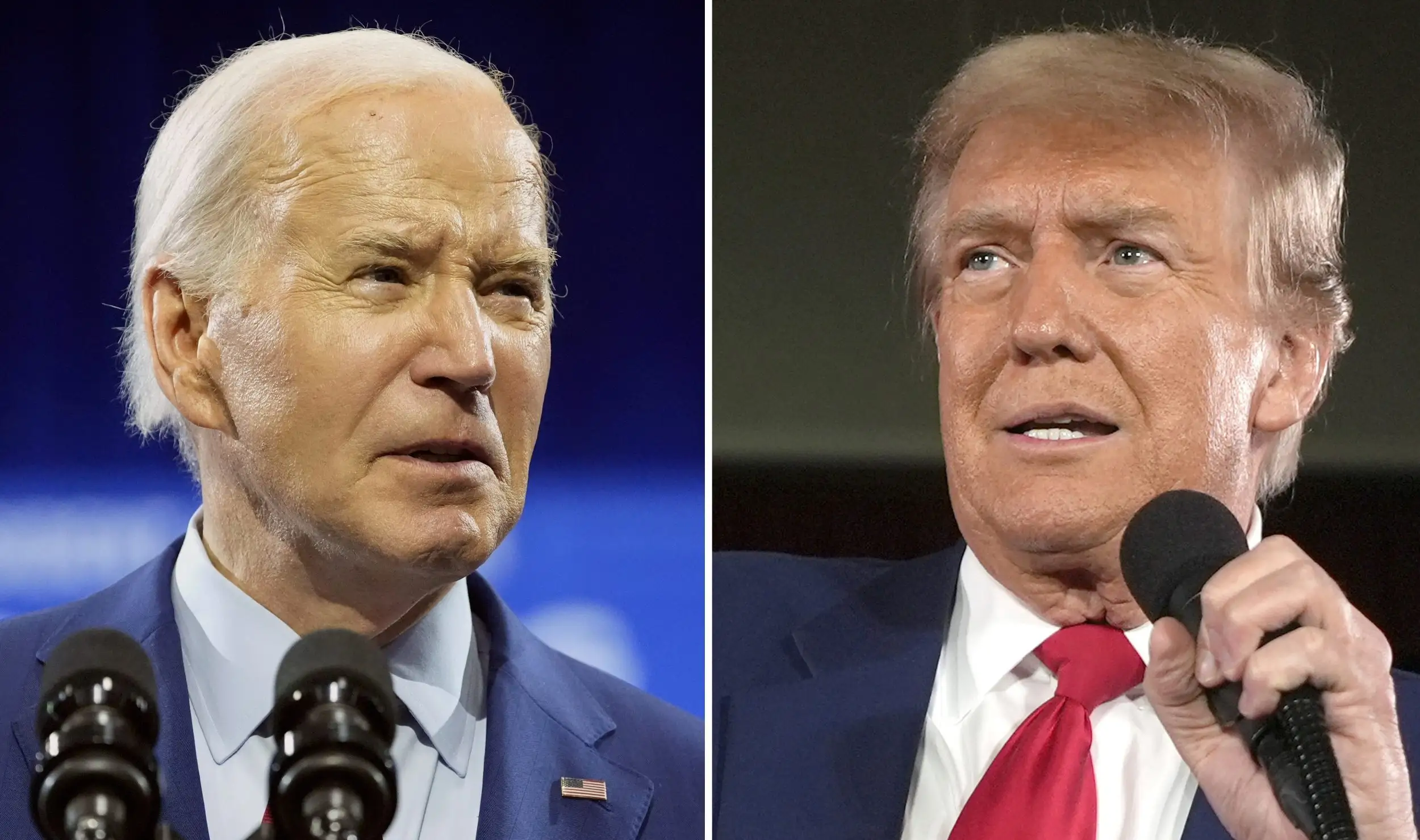Introduction
In today’s media landscape, the boundaries between technology, celebrity, and politics are dissolving faster than ever. The rise of artificial intelligence has not only transformed industries but also created new battlegrounds for influence, reputation, and power. From deepfake videos of movie stars to AI-generated campaign speeches, the digital age has blurred truth and fiction in unprecedented ways.
As tech innovation advances at breakneck speed, celebrities and politicians find themselves entangled in controversies that shape both public discourse and digital governance. These stories go beyond entertainment—they expose the mechanics of manipulation and accountability in an algorithmic world.
The Tech Behind the Spotlight
Artificial intelligence has evolved from a behind-the-scenes tool to the centerpiece of global debate. Once confined to laboratories and Silicon Valley startups, AI now drives narratives across entertainment, elections, and geopolitics. Its capacity to generate realistic images, voices, and personalities has made it a double-edged sword for those in the public eye.
Celebrities benefit from AI for branding and fan engagement but also suffer from its misuse. The growing trend of deepfakes and AI impersonations challenges not only privacy laws but also the very idea of authenticity in media. As AI-generated likenesses spread, lawmakers worldwide are racing to define new boundaries between creativity and consent.
Global Fallout of Digital Deception
The international implications of AI manipulation extend far beyond Hollywood. Nations are witnessing the use of synthetic media to influence voters, destabilize markets, or provoke diplomatic rifts. What begins as celebrity gossip often escalates into global disinformation, turning entertainment tools into political weapons.
Countries with fragile information ecosystems are especially vulnerable. When an AI-generated statement attributed to a global leader goes viral, it can spark confusion, protest, or policy shifts before verification even occurs. The speed of deception now outpaces the mechanisms designed to correct it.
Celebrities as Voices for Digital Accountability
Facing reputational damage from AI-driven scandals, many celebrities have taken public stands on digital ethics. They champion transparency in AI use, advocate for clearer data rights, and fund research on media verification technologies. This unexpected activism signals a broader awakening within pop culture—where fame is no longer just about visibility but responsibility.
Their advocacy also influences politics. When a major entertainer testifies before lawmakers on AI regulation or collaborates with NGOs to counter misinformation, the dialogue extends beyond the entertainment sphere. Celebrities now function as intermediaries between the public, the press, and policymakers navigating an AI-powered future.
Political Reactions and Media Warfare
Governments, realizing the scale of technological influence, are crafting policies that balance innovation with protection. Some nations have established dedicated ministries for digital integrity, while others impose penalties for synthetic media misuse. Yet, in democratic contexts, political actors themselves exploit AI-generated content to manipulate narratives.
The paradox deepens when officials condemn AI deception publicly while leveraging it privately for strategic messaging. The result is a new era of “media warfare,” where the line between political propaganda and entertainment content disappears entirely. The battlefield is no longer geographical—it’s algorithmic.
Innovation, Integrity, and the Future of Trust
As technology and politics intertwine, society faces an urgent question: can we rebuild trust in an era where any image or quote might be fabricated? The answer may lie in innovation itself. Emerging startups are developing AI verification systems, blockchain-based media tracking, and authenticity certificates to counter falsehoods.
Yet technology alone cannot restore credibility. It requires cooperation between tech firms, celebrities, regulators, and global institutions. Without shared standards and ethical commitment, digital progress risks becoming a perpetual cycle of creation and corruption.
FAQs
How are celebrities directly affected by AI scandals?
Celebrities face reputation loss, privacy violations, and potential legal challenges when AI-generated content misrepresents them. Many are turning to legal teams specializing in digital rights.
Can governments control deepfake technology effectively?
Regulation remains difficult due to cross-border data flow and open-source software. Some countries ban malicious AI impersonation, but enforcement is inconsistent globally.
Are political campaigns using AI ethically?
Usage varies. While some campaigns employ AI for data analysis and voter outreach, others use it to manipulate media or spread disinformation. Ethical frameworks are still developing.
What role does journalism play in countering AI misinformation?
Fact-checking organizations and news outlets are integrating AI detection tools to identify synthetic media before publication, reinforcing media credibility.
Will AI ever be fully regulated?
Full regulation is unlikely due to innovation speed, but international cooperation may create shared standards for transparency, accountability, and consent.
Conclusion
The intertwining of artificial intelligence, celebrity identity, and political strategy has produced a volatile mix of opportunity and risk. The world’s fascination with AI is matched only by its fear of losing control over truth itself.
As governments, tech firms, and public figures confront these challenges, the survival of trust in a digital society depends on collective responsibility. The future will belong to those who can innovate without eroding the integrity of the human story.

Leave a Reply